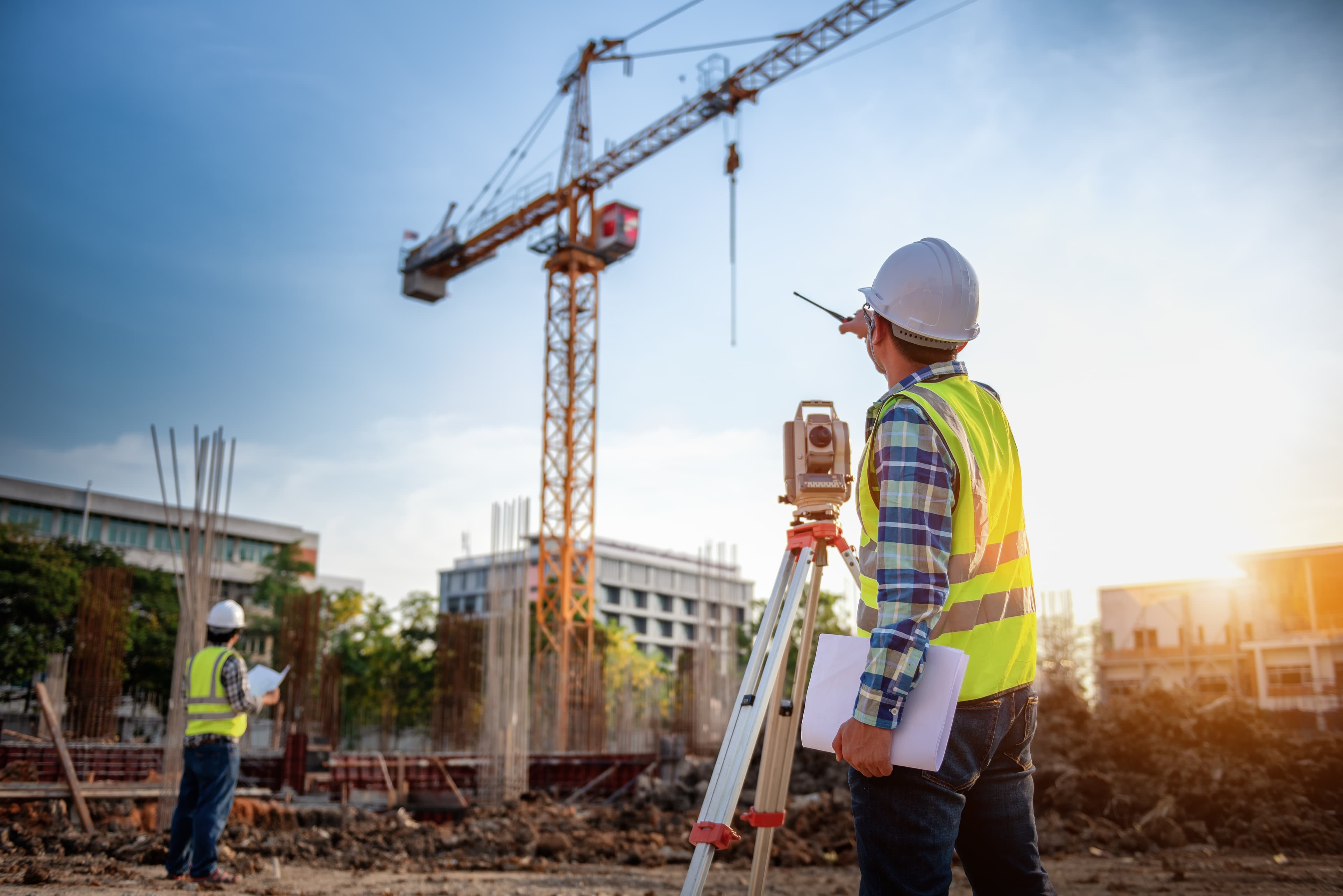The development land market is reviving. However, one of the reasons is the problems of companies

The market for development land and older, mainly industrial buildings and premises in the Czech Republic is reviving after a long period of stagnation. This would probably be positive news if the acceleration was not caused by the economic downturn in some sectors or even the closure of many companies in the Czech Republic. For many of them, selling surplus real estate or land intended for future expansion is one of the few ways to avoid economic loss. According to real estate consultancy 108 REAL ESTATE, which specializes in this type of transactions, the increase in ownership transfers is also due to price leveling and fear of land unavailability due to the expected stricter protection of the agricultural land fund.
"In 2023, land prices were stagnant. Normally, the price of ready-to-build land rises by 10% to 15% a year, which we have seen again in recent months. This is a motivation for sellers. The relatively new experience is that direct users, not developers, are predominant on the buyer side. It seems that ownership of warehouses and production halls is becoming a trend," Jakub Holec, Director of 108 REAL ESTATE, specifies the development in the first quarter of 2024. According to him, speculative development construction - especially distribution halls - has been reduced to a minimum.
108 REAL ESTATE is handling several sales of real estate assets of companies that decided to close their operations in the Czech Republic and continue in other markets. The reasons for the exodus are rising staff costs, more expensive operations and other tax considerations. Some cases are linked to the end of the public support phase - a 10-year sustainability period. Owners therefore take advantage of incentives coming from other countries (or continents). Both individual halls and entire complexes, often linked to heavy industry, are or will soon be on offer.
In spite of these cases, more and more end-users are appearing on the market who are interested in buying land outright with a view to future development. That is, without cooperation with developers. Most often, these are companies from the light industry, engineering, logistics, or manufacturers and distributors in the field of electromobility.
According to Michal Diviš, head of the investment department at 108 REAL ESTATE, a high percentage of potentially tradable land and buildings are located in the Moravian-Silesian region, also due to their quantity and availability. "At the same time, however, there is the most obvious competition with locations in Poland, where construction is faster and, above all, cheaper," adds Michal Diviš, who believes that it is necessary to reformulate public support at the state level towards brownfields and their regeneration. Ecological and other burdens associated with heavy industry are the reason for the slow development of development and construction in this region.
Some of the development land or buildings to be redeveloped are located in the wider centre or on the outskirts of major cities. Unsurprisingly, these are among the most attractive: the selling price is also boosted by developer interest. End-users often compete with residential, industrial and office developers. As the consultants of 108 REAL ESTATE point out, there is a relatively high number of not only land plots but also development projects on the market. Sellers are, for example, smaller real estate or development companies that have overestimated their opportunities in contrast to the cooling buyer interest and the still high interest rates of external financing.
In the case of standard development land, however, the pattern remains unchanged: the sellers are most often owners who have bought the property speculatively and realised added value on it through the permitting process. "If such a plot is in the city's extraterritorial area, the buyers usually include established residential developers, whose activity has been growing in recent months. However, they mainly focus on Prague and its surroundings, Brno, Pilsen and other regional cities," concludes Darek Vodehnal, Senior Associate of the Investment Department at 108 REAL ESTATE.



